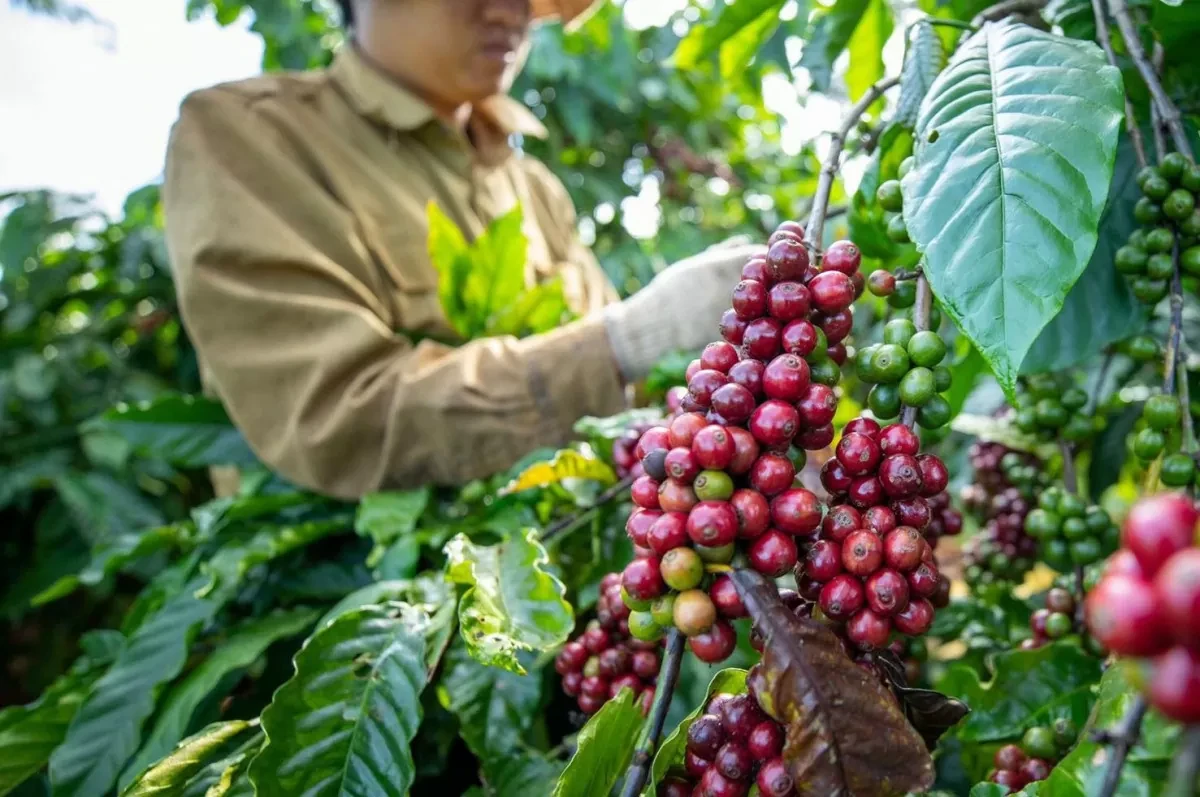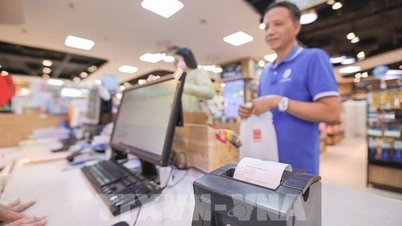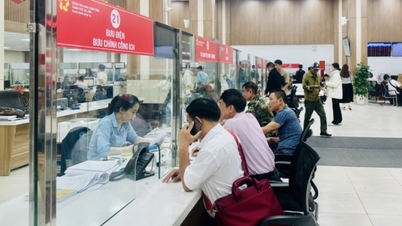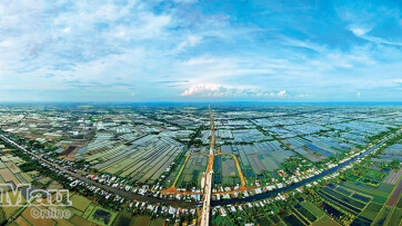The EU market is increasingly imposing stricter green standards on exported goods, which will have a significant impact on Vietnam's export activities.
A large market for Vietnamese goods.
According to the latest statistics of According to the Ministry of Industry and Trade , in the first 11 months of 2024, the value of goods exported to the EU market is estimated at 47.3 billion USD, an increase of 18.1% compared to the same period last year (compared to a decrease of 8% in the same period of 2023).
Notably, after four years of implementation, the Vietnam-European Union Free Trade Agreement (EVFTA) is a major driving force behind Vietnam's exports. While Vietnam's exports to the EU reached 35 billion Euros in 2019, this figure rose to 48 billion Euros in 2023. Many sectors have recorded strong growth, such as electronics, textiles, footwear, and agricultural and aquatic products.

The EU is a large market for Vietnamese exports, and any changes in its policies will significantly impact those exports. For example, according to the Department of European and American Markets under the Ministry of Industry and Trade, Vietnamese exports to the EU are currently facing new challenges stemming from the EU's "green policies," which impose stricter regulations on imported goods and consumption in line with sustainable development and the circular economy . The Circular Economy Plan is part of the European Green Deal, a goal and strategy of the EU to help the bloc achieve net emissions of zero as soon as possible by 2050.
To implement this strategy and achieve these goals, the EU will introduce a series of regulations, including the Circular Economy Action Plan (CEAP). This plan will directly impact seven key export sectors of Vietnam, specifically: electronics; information technology; batteries; packaging; plastics; textiles; and footwear.
Specifically, the ISPR (Industrial Product Recognition Regulation) has been in effect since July 2024. The ISPR affects several key export sectors of Vietnam, including textiles and footwear, plastic products, and packaging. The ISPR includes regulations related to preventing and limiting the destruction of textile products and requires products to have a Digital Product Passport (DPP).
The green trend, circular economy, and sustainable development are considered irreversible elements in EU policy, and are also what export businesses are forced to meet to keep up with market demands. In an interview with the Industry and Trade Newspaper, Dr. Le Quoc Phuong – former Deputy Director of the Center for Industry and Trade Information – Ministry of Industry and Trade, stated that the green barriers erected for imported goods are an irreversible trend. This is due to the increasingly severe effects of climate change. The EU has become a leading market in the world , using its power as an importer to apply green criteria and standards to imported goods. Therefore, businesses must consider this a natural, necessary, and unavoidable trend.
From the business perspective, Mr. Vuong Duc Anh, Chief of the Board of Directors' Office of Vietnam Textile and Garment Group (Vinatex), stated that the EU market has codified all regulations related to sustainable development and tends to require these regulations not on a voluntary basis but as mandatory requirements.
For example, Adidas and Nike have both set goals to use 50% recycled materials by 2025 or 2030. They both have very specific sustainable development programs, and Vietnamese textile and garment businesses producing goods to meet their requirements must also make changes in terms of materials. For instance, Vinatex's yarn industry businesses are 20% producing recycled and circular yarns. Businesses must purchase organic cotton or other natural and recyclable raw materials.
It's not just a challenge.
Green growth is a mandatory requirement for export businesses in the coming period. At the same time, it is a very costly undertaking. However, Dr. Le Quoc Phuong argues that businesses need to view green transformation not only as a challenge and difficulty, but also as a great opportunity to invest, transform production and business operations, invest in production processes, and change equipment and input materials. This change will stimulate innovation and, in the long run, promote better transformation.
Specifically, with green transformation, businesses will have to incur initial costs such as using energy-efficient equipment and recycled materials. But in the long run, it will reduce costs for businesses such as energy costs and production costs. The sooner a business achieves green transformation, the more competitive it will become against its rivals. Therefore, green transformation will be a great opportunity for businesses.
Speaking with a reporter from the Industry and Trade Newspaper, Ms. Nguyen Thi Hoang Thuy – Director and Head of the Vietnamese Trade Office in Sweden, concurrently responsible for Northern Europe – further shared that European green standards pose challenges for Vietnamese businesses, while also creating new development opportunities. Therefore, businesses need to clearly understand the changes that the agreement will bring and be ready to adapt to these challenges in order to maintain competitiveness in the EU market.
Besides meeting market demands, one of the key solutions is for businesses to increase the added value of their export products. Instead of focusing on raw processing, businesses need to invest in advanced processing technology and develop differentiated products. For example, in the wood industry, instead of exporting raw materials or unfinished products, businesses should focus on producing high-end furniture with unique designs, or smart furniture incorporating technology to meet the tastes of EU consumers. For agricultural and aquatic products, processing them into value-added products such as canned food, ready-to-eat meals, or organic products will also help increase export value.
Source



![[Photo] Prime Minister Pham Minh Chinh presides over a meeting on private sector economic development.](/_next/image?url=https%3A%2F%2Fvphoto.vietnam.vn%2Fthumb%2F1200x675%2Fvietnam%2Fresource%2FIMAGE%2F2025%2F12%2F20%2F1766237501876_thiet-ke-chua-co-ten-40-png.webp&w=3840&q=75)




































































































Comment (0)